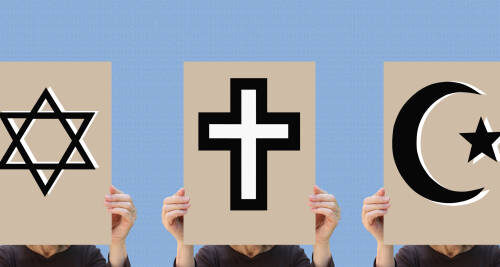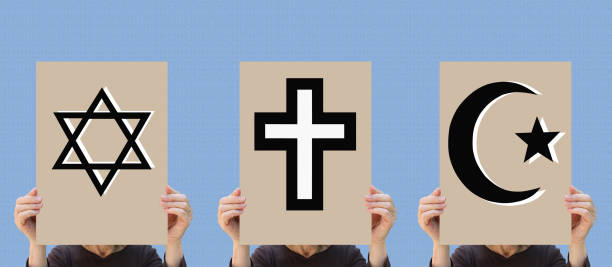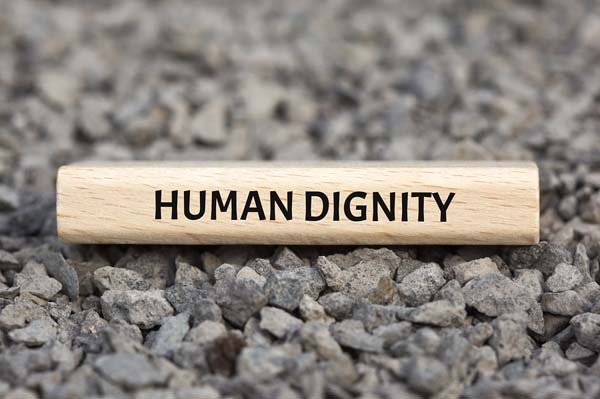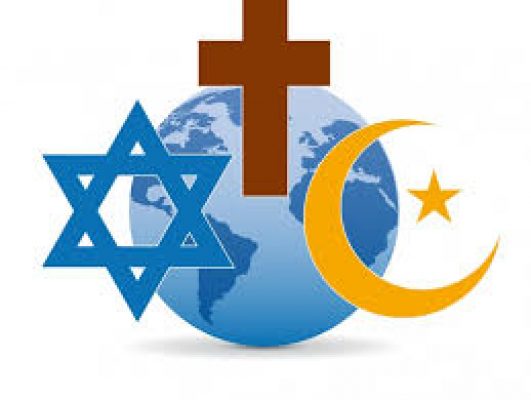As society becomes increasingly interconnected through technological advancements, the ethical implications of these advancements often provoke spirited debates. From artificial intelligence to genetic engineering, technology continues to shape the very fabric of our lives. However, one aspect that is often overlooked in these discussions is the role of religion and its impact on the ethical dimensions of technology. Exploring the intersection of monotheism and technology reveals an intricate tapestry of moral dilemmas and new perspectives that deserve further examination.
Religion has long been intertwined with societies around the world, impacting everything from laws and policies to individual worldviews and values. It is no surprise, then, that religious beliefs and traditions heavily influence people’s perspectives on technological developments. These religious influences can shape how individuals and communities approach the ethical implications of technology.
One area where religious influences are particularly pronounced is in the realm of bioethics. Issues such as abortion, contraception, and end-of-life care have been at the center of religious debates for centuries. Technological advancements in these areas, such as prenatal screening techniques or assisted suicide methods, pose additional ethical challenges that are deeply rooted in religious teachings. For instance, some religious traditions view any form of life manipulation as a violation of the divine order, while others may prioritize reproductive autonomy and compassionate end-of-life choices.
Moreover, religious influences in politics often dictate policies and regulations concerning technology. Religious institutions and leaders wield significant influence over policymakers and can shape public opinion regarding the ethical dimensions of technological advancements. This can lead to either the promotion or hindrance of certain technologies based on religious beliefs, raising questions about the balance between faith-based principles and the autonomy of individuals within a democratic society.
Beyond bioethics and politics, religious influences continuously shape our understanding of the human experience and the potential pitfalls of technology. Religions often provide a broader moral framework that helps individuals reflect on the impacts of technology on their relationships, communities, and the environment. The teachings of various faith traditions may highlight the importance of principles like humility, stewardship, and interconnectedness, offering invaluable insights into how we navigate the ethical waters of an increasingly technologically-driven world.
While religious influences in the realm of technology ethics deserve careful consideration, it is essential to strike a balance between respecting religious beliefs and acknowledging the need for diverse perspectives and secular governance in a pluralistic society. Robust discourse and respectful dialogue that engage different worldviews can help us craft ethical frameworks that are inclusive and reflective of our increasingly diverse and interconnected global community.
In conclusion, the ethical dimensions of technology are vast and multifaceted, encompassing a wide range of considerations. Religious influences play a significant role in shaping our understanding of these ethical challenges and can provide unique perspectives and insights into navigating this evolving landscape. However, it is crucial to find common ground and address these issues through open and inclusive conversations that encompass a variety of perspectives. By embracing the divine and delving into the complex interplay of religion and technology, we can foster enlightened discussions that lead to common ground and mutual understanding, ultimately guiding us towards a more ethically conscious future.

 The
The  Human Dignity and Worth
Human Dignity and Worth Monotheism and Modern Human Rights
Monotheism and Modern Human Rights